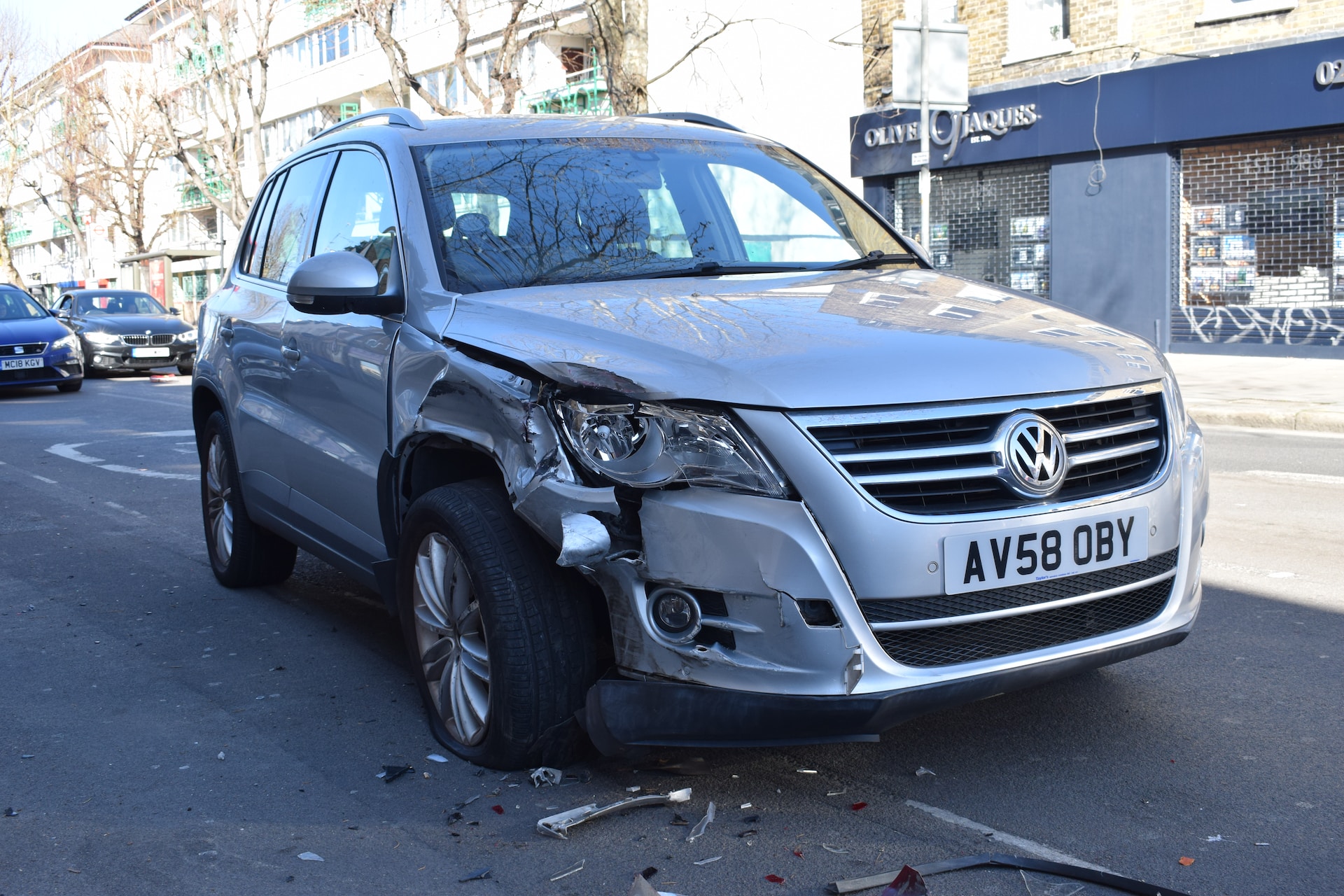Involved In An Auto Accident? Here’s What You Should Know
Picture this: You’re calmly driving somewhere in your car, cruising along, minding your own business. Abruptly, disaster strikes—someone has hit your vehicle from behind. Panic and confusion set in, shaking your peace. Your everyday commute has suddenly morphed into an alarming scene of crumpled metal and shattered glass.
In between the physical injuries and property damage, wondering what comes next is only human nature. But knowing exactly what steps to take amid the mayhem is so crucial.
This is a situation where knowledge is more than just power—it could be a lifeline.
This article explores the critical, simple steps one should take in the aftermath of such a stressful incident should it occur.
1. Keep Calm and Assess Safety
A car mishap can be a nerve-wracking event to experience. However, you must maintain calm in such situations. A composed mind aids in making better decisions so you can deal with the problem effectively.
Once you’ve composed yourself, prioritize safety above all else.
If anyone is injured, call 911 immediately or ask someone who can. Suppose there are severe injuries; avoid moving until medical professionals arrive. Even in minor injury cases, it’s advisable to seek medical attention. Some injuries may not be apparent initially, and a swift medical evaluation can help detect any underlying issues.
Move your car to the side of the road if it’s still operable. Turn on your hazard lights to alert other drivers. If your vehicle is disabled or unsafe to move, ensure that you and any passengers are in a safe place away from traffic.
2. Call Law Enforcement
Regardless of the accident’s severity, it’s crucial to inform the police. This is a legal requirement in some states, especially in case of severe damage or injury.
The responding officers will document the accident, gather essential information, and create an official police report, which will be crucial for insurance claims and legal purposes.
3. Documenting the Scene
Following the accident, start documenting the scene diligently. This includes taking photographs of the damaged vehicles from various angles, noting the accident’s location, time, and date, and drawing a rough sketch of the accident scene.
These visual records will serve as valuable evidence during the insurance claims process.
If there are witnesses, collect their contact information. Lastly, keep all receipts and documents related to medical treatment, vehicle repairs, and other accident-related expenses.
4. Exchanging Information
After ensuring everyone’s safety, exchange contacts, and insurance details with the other driver involved in the accident. The information collected should ideally include:
- Full names and contact details
- Insurance company and policy numbers
- Driver’s licence and licence plate numbers
- Make, colour, and model of the vehicles
Avoid discussing who’s at fault during this exchange. Insurance adjusters usually determine fault based on vehicle inspections, providing information, and supporting documents like the police report and scene photographs.
5. Seek Legal Consultation from Auto Accidents Lawyers
Post-accident procedures can be intricate and confusing. This is more so when there are complex legal aspects involved. Hence, it’s beneficial to consult auto accidents lawyers before providing a statement to your insurance company.
But their work involves more than filing your paperwork. You can expect auto accidents lawyers to:
- Look at the facts and determine if you have a case
- Build a solid case based on gathered evidence
- Guide you through the claim process from beginning to end
- Help you understand potential compensation
- Negotiate with insurance companies
- Defend your rights in court
6. File an Insurance Claim
Deciding whether to file a claim depends on several factors, including:
- Who was at fault
- The extent of damage and injuries
- The type of policy
- The sum insured
If you choose to file a claim, contact your insurance provider promptly. They will assign an adjuster to your case to assess the damages and determine the claim payout.
Be proactive in communicating with your insurance adjuster and provide all requested information promptly. They might need accurate information about the incident, including the date, time, location, and a detailed description of what happened.
Be prepared to provide any supporting documentation, such as the police report, pictures of the scene, and witness statements. Remember to let your lawyer know of all communications involved between you and the adjuster.
To Sum It Up
Car accidents can be daunting experiences. However, being prepared can significantly alleviate the stress associated with such incidents. Following these guidelines can help you handle the situation more effectively, ensuring the safety of all involved and smoothly navigating the aftermath of an accident.
Try to refrain from making statements or signing any documents that may jeopardise your legal position. Avoid accepting blame or admitting fault, as fault determination is the responsibility of trained professionals and may not be immediately apparent.
Lastly, consult with experienced auto accidents lawyers to explain your rights, obligations, and potential legal recourse.

